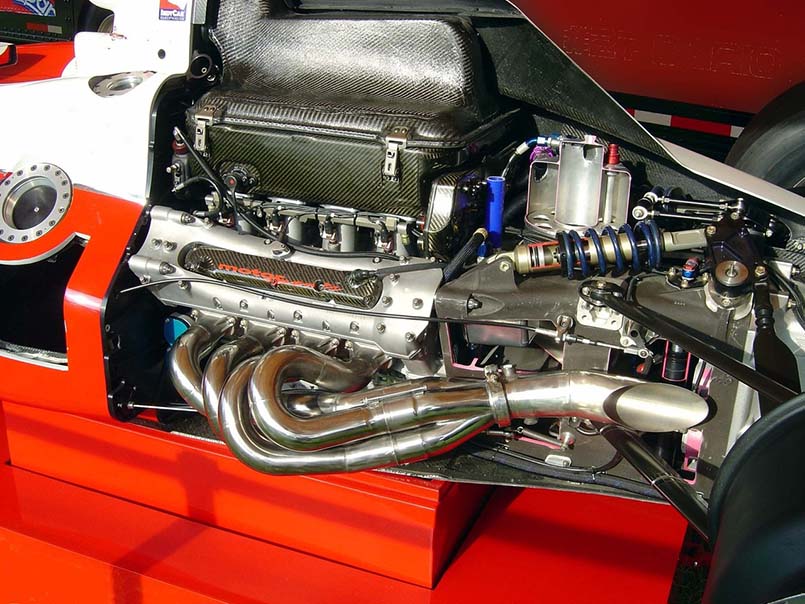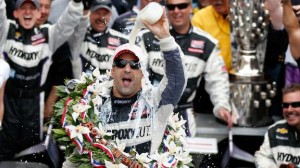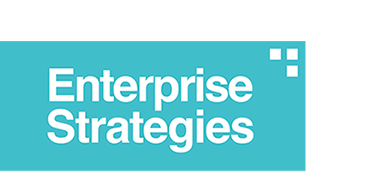
28 May Start Your Social Business Engines!
Memorial Day weekend means cookouts, pool time, and–of course–the Indianapolis 500, “The Greatest Spectacle In Racing.” This year, the Indianapolis 500 was won with record speed by driver Tony Kanaan. Kanaan has been a popular, longtime driver in IndyCar, but had never won the Borg-Warner trophy until this past weekend. His win was cheered by the media, fans, and other drivers alike. So…what does Tony Kanaan’s win have to do with social business?
It’s A Marathon, Not A Sprint
- The Indianapolis 500 is not a short race–the winner must make all 200 laps around the famed
oval. There is no way to cut corners, and Kanaan had to drive all out for 500 hundred miles with a record number of lead changes. Social business is not a sprint race either; it requires a long-term strategy focused on achieving specific business results, with flexibility for obstacles along the way. Kanaan did not stop racing regardless of failing to win twelve times–neither should your business. Though organizations will encounter concerns from many departments, hesitation from leadership, and even delayed timelines, implementing social business the right way takes time. As Kanaan’s recent victory showed, long-term focus produces significant benefits and success.
Try, Evaluate, Try, Evaluate
- To take the checkered flag in the Indianapolis 500, Kanaan and his crew needed a time-tested, winning strategy. It’s not only about speed or daredevil driving on the day of the race–it’s about testing, planning, and then testing some more until the victory lap. Social business isn’t going to be a quick win either. Of course, part of social business adoption is about planning small victories that build to an overall winning strategy. However, organizations must be prepared to experiment, learn from those attempts, and then make adjustments in social business strategy to achieve desired outcomes.
Offline Relationships Matter
-
In the competitive world of auto racing, it is significant when other drivers congratulate the winner. It indicates that the victor is well-liked and well-respected by his or her peers–not always an easy feat. Many other drivers, pit crews, and team owners congratulated Kanaan on his win, both online and in-person. Though online well wishes go viral much more quickly, the in-person words of congratulation are just as important, perhaps even more so. Such strong offline relationships remind us that solid social business is about employees at the core–and that successful social endeavors depend on how those processes help real people. Organizations must ensure real-time, trusting relationships have been established first to ensure employees adopt any new social business practices.
“All Or Nothing”
- In the final laps of the Indianapolis 500, Tony Kanaan radioed to his crew that it was “all or
 nothing.” He was that serious about winning. While a social business strategy does not need to be as dramatic, key advocates, stakeholders, and leadership must have a serious attitude toward supporting social efforts. Everyone must believe that social business practices will result in significant wins. Organizations don’t have to risk profits or operations to become social businesses–they just need to be open to new tools and processes and willing to try new ways of doing business. After seeing the success of social business, it will likely become their only method of doing business.
nothing.” He was that serious about winning. While a social business strategy does not need to be as dramatic, key advocates, stakeholders, and leadership must have a serious attitude toward supporting social efforts. Everyone must believe that social business practices will result in significant wins. Organizations don’t have to risk profits or operations to become social businesses–they just need to be open to new tools and processes and willing to try new ways of doing business. After seeing the success of social business, it will likely become their only method of doing business.
Winning a major auto race like the Indianapolis 500 offers significant parallels to winning the social business race, so to speak. By concentrating on long-term effects, implementing a flexible strategy, focusing on the employee impact, and willing to embrace change, your organization can be in the winners circle of social business too. After all, if you are the first of your competitors to adopt social processes, you’ll be taking the checkered flag in the market.

